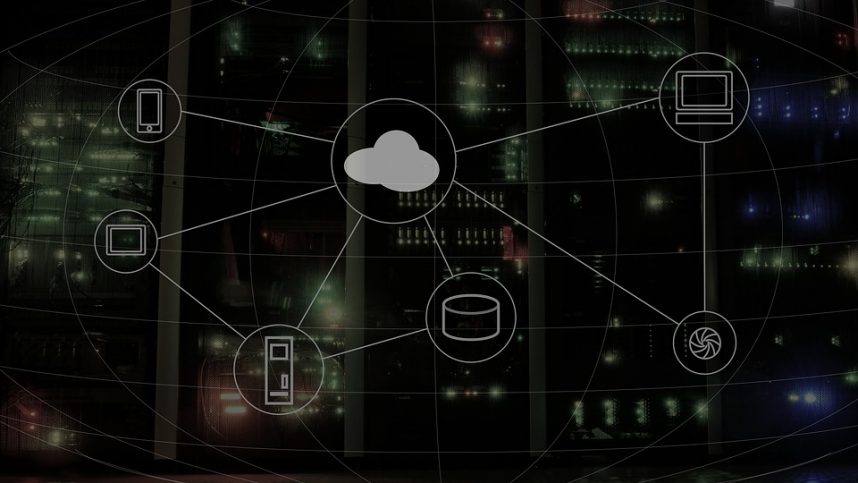For the uninitiated ‘The Cloud’ refers to the use of hardware and software over a network (usually the internet). If you use things like Facebook, you are using the cloud. You don’t have to install Facebook on your computer, you use the internet to access all the comments and photos that are held on Facebook servers.
Cloud computing is big business. In a recent survey by Raconteur, 83% of organizations used the cloud in one form or another. And business adoption of the cloud is growing by the day. Gartner forecast that between 2011 and 2016 business spend on cloud-based business application services will grow from $13.4bn to $32.2bn, a compound annual growth rate of 19.1%.
Just why are so many businesses adopting the cloud and what are the potential pitfalls you should look out for? The HR software company Octopus has put forward their thoughts.
Costs
Using the cloud enables significant cost savings for business, drastically reducing the cost of implementation and the cost of maintaining the software.
With traditional software licensing you purchase the license to use the software and install it on your computer. Depending on the size of your business this probably means purchasing servers, providing power and cooling, upgrading the servers when they age and employing or outsourcing an IT team to install updates. As you can imagine this is not cheap and implementation costs for traditional, on-premise solutions can easily run into six figures!
With the Software as a Service (SaaS) model you pay a regular subscription to access the software over the internet and the software company is responsible for purchasing and maintaining all the hardware required. Because the client pays a regular subscription there is usually little or no implementation cost.
Flexibility
With the traditional software licensing model you buy your license to use the software and you buy the hardware to host it on. Next year your company goes on a recruitment drive. This means you probably need to purchase more licenses so everyone can keep using the software. You probably also need to invest in more servers to cope with the additional users. This costs money. Conversely, and especially in this economic climate, your company might be reducing its headcount. If you’ve purchased servers and software licenses that are now surplus to your needs you’re probably stuck with them.
With the SaaS model of business, flexibility is built into the service. If your head-count increases it should just be a case of a quick phone call or email to increase your subscription and away you go. Equally, if your head-count reduces your subscription should also be able to reduce alongside your requirements.
Speed of updates
With the traditional model of software licensing the software company developed a new product and released it. If you owned the old version of the software it would probably still work but you wouldn’t realize the benefits of the new version unless you purchased an upgrade package. An example of this is how Microsoft release their products.
With the SaaS model, as soon as an updated version of the software is released you get it and in most cases the subscription you pay won’t change.
Disaster recovery
Let’s say you’re hosting some software on your own servers at your office. Now imagine there’s a disaster like a flood, or a fire. There’s a good chance you’ve just lost a big chunk of your work.
For data or software hosted in the cloud your offices could burn to the ground but your workforce could still access the data and applications they need from temporary offices or even from home.
Security
Professional hosting companies take their security measures extremely seriously. This often incorporates state of the art firewalls, biometric records, CCTV, guard dogs, and security personnel, far outweighing anything a typical small business could reasonably undertake. These measures help to guard against threats such as data theft, sabotage and even corporate espionage.
Ease of access
With the cloud, as long as you have an internet connection and can remember your login details you can access the application you need. This makes it easier to share data and improve communication and collaborate among teams. This is also becoming increasingly important as the workforce becomes more mobile.
Computing power
Let’s say you need to analyze lots of data.
This isn’t necessarily something you need to do every day so it’s not worth buying your own servers to cope with the massive computing power you need crunch the numbers. The solution is to use the cloud to cope with this temporary upsurge in computing power that you need.
